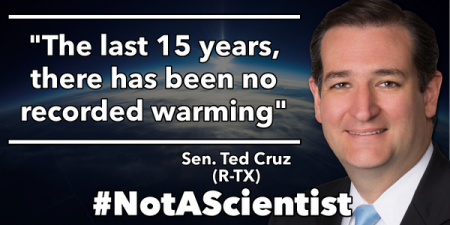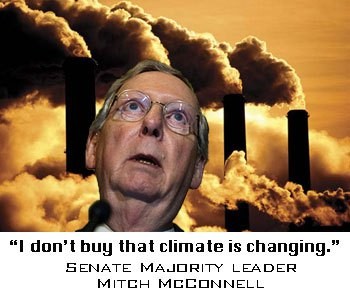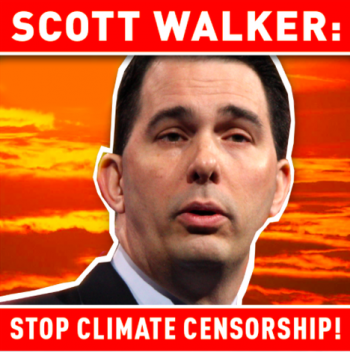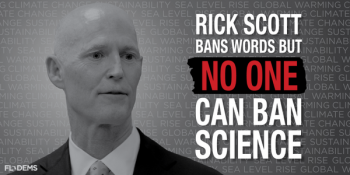April 12, 2015 – Shareholders resolutions by climate-conscious investors have been proposed to both British Petroleum (BP) and Royal Dutch Shell. Backed by activist investors in Europe and the United States including the Anglican Church in the United Kingdom, these investors hold $300 billion in shares of the companies.
Both resolutions put current business practices to the test asking the companies what action they intend to take to ensure they comply with a global strategy to keep warming to no more than 2 Celsius (3.6 Fahrenheit) degrees.
Since both companies are actively pursuing Arctic oil opportunities through existing operations and future leases it seems that their current strategies are counterproductive to the goals put forth in the resolutions. Yet both have moved forward to the point where they will be voted on. BP will vote this coming week and Shell at its annual general meeting in May.
Senior executives in both companies stated they welcomed these resolutions because it gave them the opportunity to disclose and demonstrate how they intend to deal with the issue. If the end result is anything like what is happening at Exxon-Mobil, then don’t expect transparency or truthfulness. The latter through its executive has stated it expects no changes to the way it does business regardless of any government regulation related to carbon reduction.
I gather Exxon-Mobil only listens to political leaders it pays, or those receiving money from Koch brother’s billion dollar political action funds. Ted Cruz, Mitch McConnell, Scott Walker, Rick Scott, and others, particularly in the U.S. Republican Party, are attempting to hold back a growing majority within their own country that believes climate change is an issue that matters. Whether the California drought, the drying out of the Colorado River basin, the Florida sinkholes and disappearing Everglades, or the fear of future Hurricane Katrina’s and Sandy’s, the trend to address climate change through policy is becoming widely accepted. Numerous opinion polls show that better than two-thirds of Americans believe action is needed to reduce carbon emissions and that in voting they favor candidates acting to reduce global warming by a two to one margin, and that they are three times more likely to vote against candidates who oppose action to reduce global warming. Well here are just some of them for you to remember.
So unless the polls are completely off base, or American voters can be bought by politicians as easily as politicians can be bought by fossil fuel companies, it would seem that Exxon-Mobil may be wrong about its future expectations. And just maybe BP and Shell, with current market caps of $86.4 billion, and $180.5 billion respectively, cannot afford to ignore shareholders holding $300 billion of their stock.
As a Canadian watching the political theater south of the border, as well as our own politicos (for example, Prime Minister Steven Harper, whose picture, if he were American, would appear above) attempting to reconcile oil sands and carbon reduction, two opposites, it is clear to me that the fossil fuel business is becoming hopelessly mired in dysfunctional thinking.
When BP sold off renewable energy investments a few years ago it pretty much was giving the climate change movement the finger. And when Shell once more sent rigs into the Arctic to explore for oil, it was doing the same thing.
And now with the recent crash in oil prices one wonders what justification fossil fuel companies can use to keep plugging away at finding increasingly expensive new fields or bidding on leases in environments fraught with potential danger (think Deepwater Horizon and the Shell rig Kulluk).
It would seem that a “perfect storm” is arising – low oil prices, public awareness of the correlation between energy extraction and global warming, the rise of alternative renewable energy sources, and investors and their dollars seeking answers from fossil fuel companies to the question “can we keep global temperatures from rising beyond 2 Celsius (3.6 Fahrenheit) degrees?
When the world’s politicians meet in Paris this coming December to come to a common carbon reduction agreement, how many will have been bought by the fossil fuel industry, or will most of those be shunted to the sidelines because voters, like shareholders, may soon be divesting themselves from leaders that get paid to mislead.



















